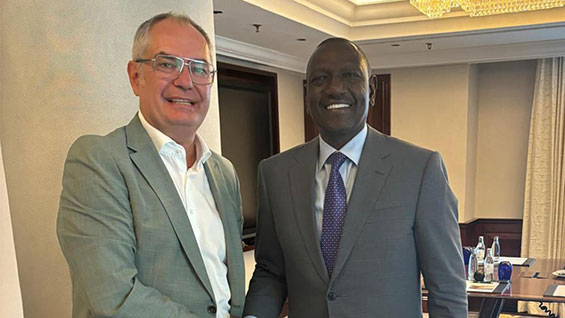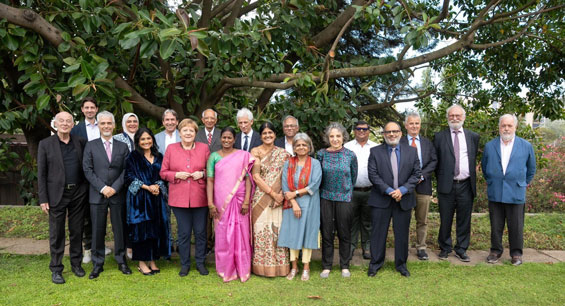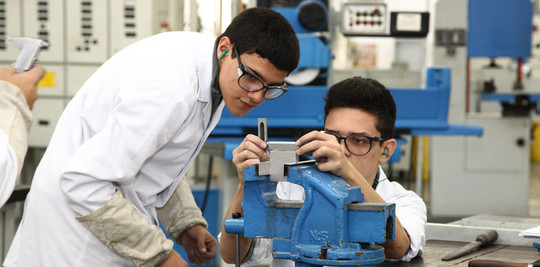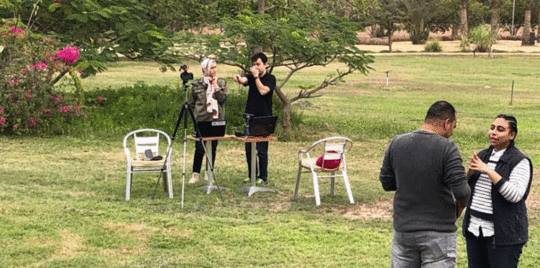Published
Digital Concept for Practical Vocational Training
Digital Concept for Practical Vocational Training
bbw digitises one-year training course for dockworkers and creates pilot application for a practical digital training year.
The bbw group has been active in the field of vocational training in Mozambique for more than 6 years. And also there, the Covid-19 pandemic has impressively shown how important digital teaching material and the correct handling and use of this material is for vocational training.
In the "Pro Ensino Híbrido" project, specialists from bbw gGmbH are working with members of the Associação Moçambicana de Educação Profissional Privada AMEPP to create a basis for the use of blended learning in Mozambique. State decision-makers and the country's training centres are being specifically informed about the possibilities and future potential of this form of education and are being involved in the process of developing and applying digitised multimedia teaching content. In this way, bbw is laying the foundations for more and better training in Mozambique and supporting the reform of vocational training that has been initiated in the country.
Vocational Training – The Key to Socio-Economic Development
There is a permanent shortage of sufficiently qualified workers on the labour market. This reduces employment opportunities for the local workforce and hinders the development of the economy. Therefore, the Mozambican government has declared "basic education and vocational training as key sectors for socio-economic development" a priority in the current five-year plan.
The Covid-19 pandemic has exacerbated the deficits in the education sector. To counter these negative effects, increased efforts were made to keep the training sector going with online formats. This revealed major deficits, including the lack of trained staff, lack of equipment/infrastructure and, above all, the lack of online-capable teaching materials for the use of modern communication and digitalisation technologies, some of which were already available.
bbw experts advise and train local trainers and trainees
AMEPP and members of the association involved in multimedia implementation are supported with special hardware and software for the digitalisation of the teaching material. Local and international experts initially train the local trainers in the media and didactic preparation of the teaching material. Regular consultations between the actors involved facilitate the exchange of experiences and ensure the quality of the work. bbw experts train and support the trainers and trainees in the use of digital media in the classroom. As an exemplary pilot application, the first year of training for ship and freight agents is being digitised. This training will be offered by the Instituto Náutico e Portuário in cooperation with the learning platform educom in a blended learning format in the port city of Beira.
Funding:
Federal Ministry of Economic Cooperation and Development (BMZ) via sequa
Project Period: February – December 2022

Partners:











